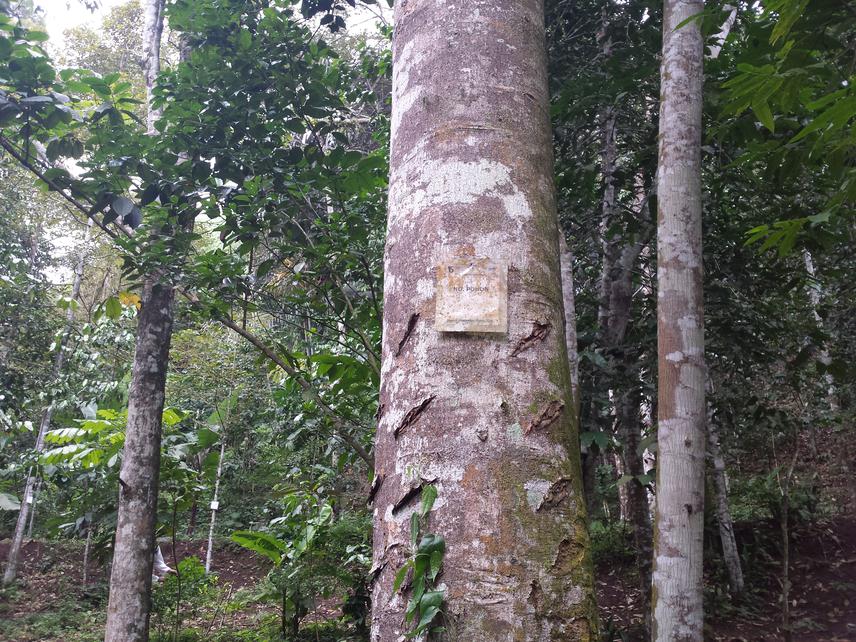Francesca Louise McGrath
My first aim is to identify the community social impacts of the PES scheme and the occurrence of farmer jealousy. The second aim will focus on procedural equity through exploring spatial targeting and compliance.

Payments for Ecosystem Service (PES) schemes have become an attractive and widely executed instrument for environmental conservation. PES schemes have the potential to produce negative unintended feedbacks onto the participants, compromising social equity. Using a longstanding community based scheme in Cidanau watershed, Indonesia I will explore the complex social equity issues arising from PES. The objective of the scheme is to modify the farmer’s behaviour whereby they decrease the amount of deforestation and improve water quality/quantity within the Cidanau watershed. The scheme piloted in 2004 and contracts were started in 2005 and has undergone three implementation phases, most recently in 2014. Phase 1-2, were based upon social connections and friendships whereas phase 3 (2014) has spatially targeted individuals. The benefits are a direct cash transfer to the farmer group leader who organizes and distributes the payments. The farmer groups decide if any of the direct payment will be given to community activities or if all the payment goes to the farmers. Currently there are 12 contracted farmer groups with 596 individuals.
I will be using interviews/questionnaires to gather data for aims 1 and 2. For all farmers questioned their house and plot location will be recording using GPS. The first interview will compile data on the farmers’ household demographics and income. The questionnaire, for the first aim will be creating ranked questions looking into the social impacts and farmer jealousy.
The second questionnaire, for aim 2, will be on procedural equity exploring the scheme participant targeting strategy and their understanding of the scheme. After all data has been collected I will be using statistical modelling techniques to investigate the stated aims. The outcomes from aim 1 will allow us to understand how incentive based conservation mechanisms can disrupt community social dynamics and to see the influence of community level benefit distribution on farmer jealousy. The outcomes from aim 2 explore the spatial targeting of PES schemes and how this may undermine social equity. The outputs from this aim will be directly relevant to numerous PES schemes around Asia and other developing countries, as spatial targeting is pursued as a way to reduce implementation costs in PES. The outcomes from this research will help PES scheme design, implementation and management at both the local and regional level.